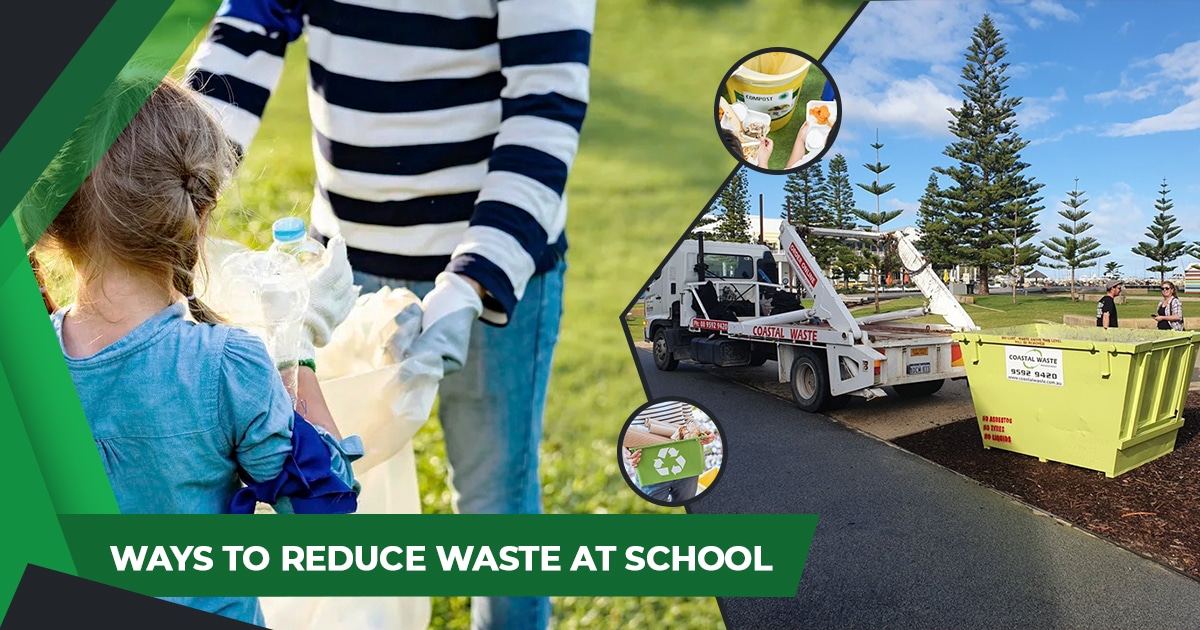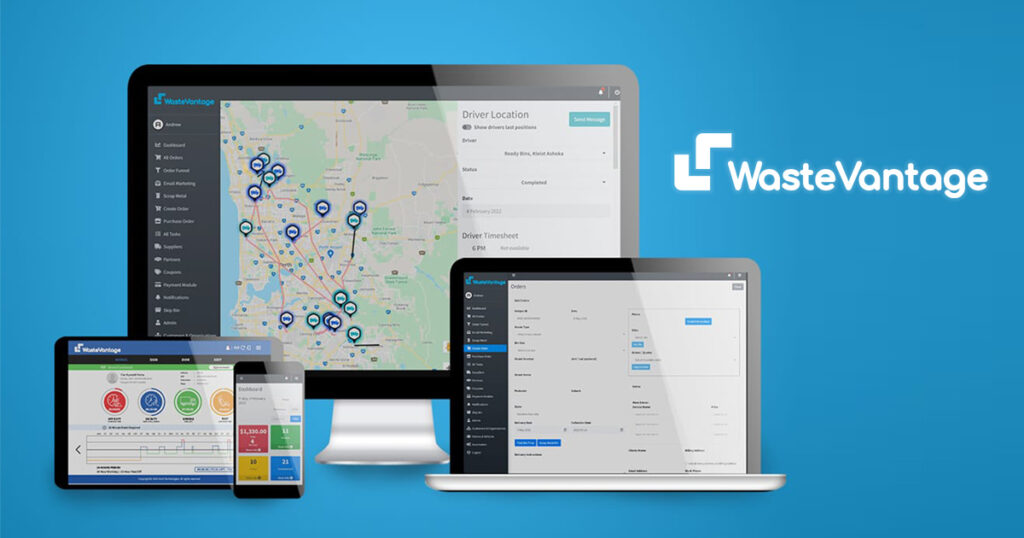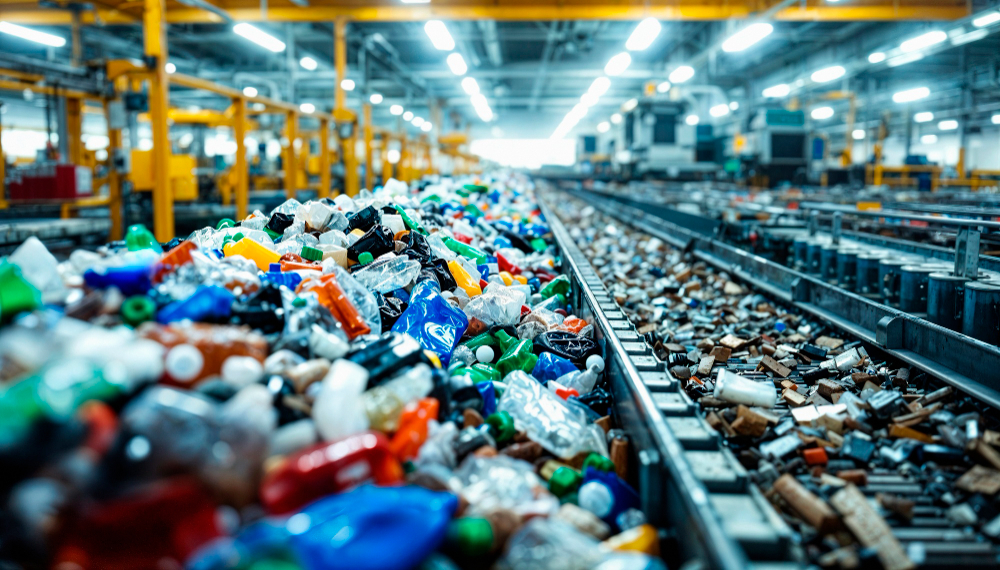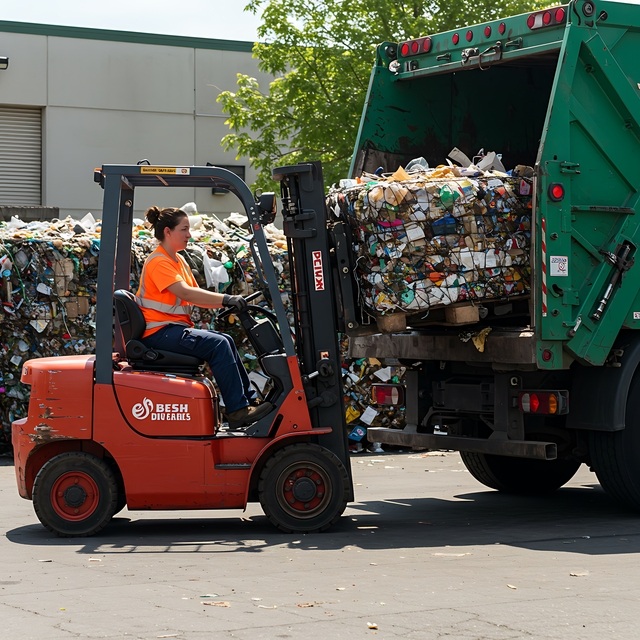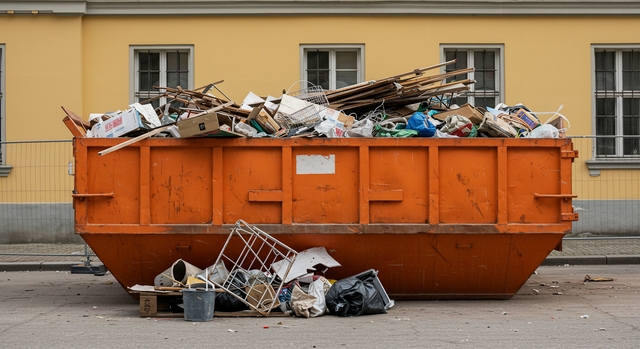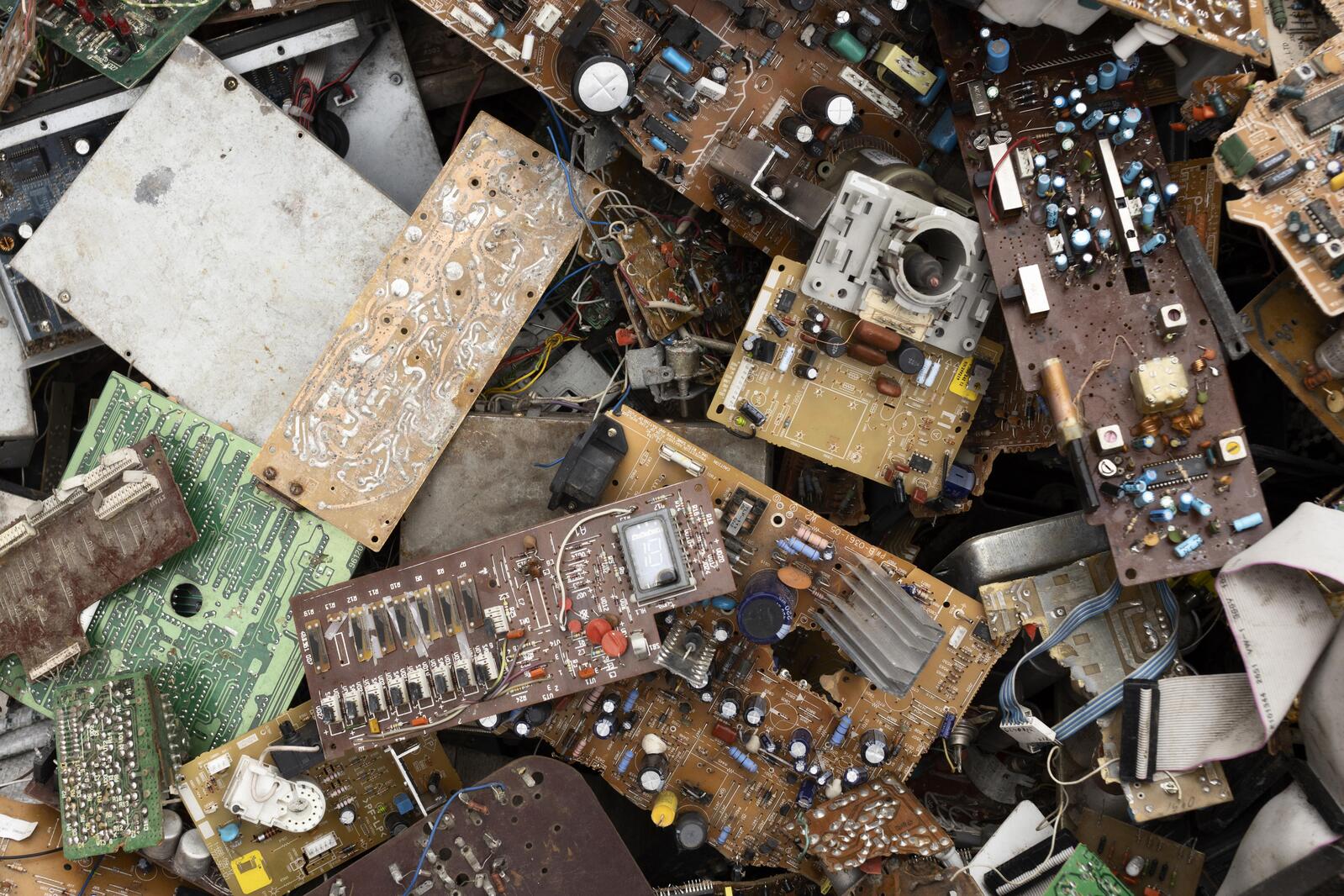Why Organic Waste Management Matters in Australian Cities
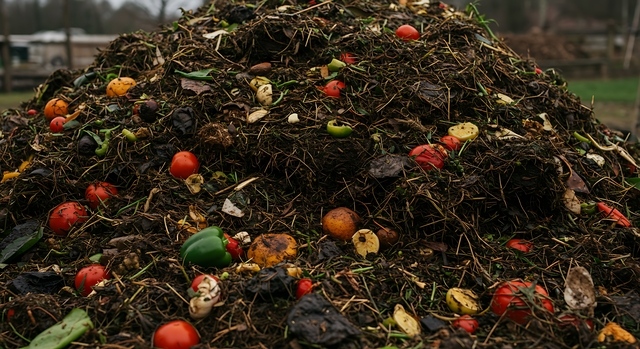
Managing organic waste in a city is not easy. With limited space, busy lifestyles, and high-density living, many Australians are still unsure what to do with their food scraps or garden clippings. But the good news is that urban areas across the country are finding clever, scalable, and sustainable ways to handle their waste. This article looks at how organic waste management in Australia is changing and what solutions are proving to be effective in our cities.
Why Organic Waste Management Matters
Organic waste includes food scraps, garden cuttings, coffee grounds, and other biodegradable materials. In landfills, this type of waste breaks down slowly and produces methane, a harmful greenhouse gas. According to the Department of Climate Change, Energy, the Environment and Water, food waste alone generates around 3 per cent of Australia’s total emissions. By improving how we manage organic waste, especially in cities, we can reduce pollution, save resources, and help the planet.
The Scale of the Problem in Urban Areas
Cities like Sydney, Melbourne, and Brisbane generate thousands of tonnes of organic waste every week. With apartment living on the rise, many households lack the space or knowledge to compost at home. At the same time, local councils and private operators are under pressure to provide better alternatives without increasing costs for residents.
Composting Programs Led by Councils
One of the most promising approaches in organic waste management in Australia is the rollout of council-led composting programs. Many local governments are introducing kerbside food and garden organics (FOGO) bins. These green bins allow residents to separate organic waste from general rubbish, making it easier for councils to process the material at commercial composting facilities.
In cities like Canberra and Hobart, the FOGO system has already diverted thousands of tonnes of organic matter from landfills. The resulting compost is then used in parks, gardens, and even sold back to the community as a soil conditioner.
Community Composting Hubs
For people who live in apartments or townhouses without gardens, community composting hubs offer a practical solution. These hubs are shared spaces where locals can drop off food scraps, which are then processed by trained volunteers or council staff. Brisbane City Council, for example, supports more than 30 community composting sites across the city.
These hubs not only reduce waste but also strengthen community ties. Neighbours get to know each other while doing something good for the environment. The compost produced is often used in nearby community gardens, completing the cycle locally.
You Might Be Like To read About : Community Waste Solutions Australia That Actually Work
High-Tech Urban Composting Units
Technology is also playing a role in managing organic waste in cities. In recent years, compact composting machines have been installed in urban apartment buildings, schools, and shopping centres. These systems can turn food waste into compost within 24 to 48 hours, reducing the volume of waste and producing a nutrient-rich product.
In Sydney, some apartment complexes have adopted smart composting units that automatically monitor temperature and moisture levels. The compost is shared among residents or donated to local gardens. While the upfront cost of these machines can be high, some local councils offer grants or rebates to encourage uptake.
Turning Food Waste into Energy
Another innovative organic waste solution gaining ground in Australia is anaerobic digestion. This process involves breaking down organic matter in a closed system to produce biogas and fertiliser. Biogas can be used as renewable energy, helping reduce reliance on fossil fuels.
Facilities in Melbourne and Western Sydney are now using food waste from supermarkets, food processors, and households to generate electricity. These projects demonstrate how organic waste, when managed properly, can become a valuable asset rather than a burden.
Business-Led Waste Reduction Strategies
Urban cafes, restaurants, and supermarkets are also starting to take responsibility for their organic waste. Some businesses partner with local composting services that collect food waste and return compost for use in on-site gardens. Others invest in food dehydrators or worm farms to process scraps in-house.
Programs like OzHarvest and SecondBite help reduce organic waste by rescuing edible food from going to landfill. These charities collect surplus food from businesses and distribute it to people in need, tackling both waste and hunger.
Organic Waste Education in Urban Schools
Raising awareness is a key part of successful organic waste management in Australia. Schools in urban areas are introducing composting programs, worm farms, and veggie gardens to teach students the value of organic waste. By involving children, schools help embed sustainable habits early on and encourage families to adopt better waste practices at home.
For example, some schools in Perth and Adelaide have become role models for zero-waste lunches and classroom composting. These programs show how education and engagement can drive real behavioural change.
Challenges and How to Overcome Them
Despite the progress, there are still barriers to better organic waste management in urban areas. These include contamination in green bins, lack of awareness, limited space for composting, and insufficient infrastructure. Education campaigns, better signage, and consistent collection systems can help address these issues.
State and federal support is also essential. Grants, policy incentives, and public-private partnerships can encourage more investment in infrastructure and community-led projects.
What You Can Do at Home
Even if you live in a small flat in the middle of the city, you can still play a part in reducing organic waste. Here are some ideas:
- Start a small worm farm on your balcony or under your sink
- Freeze food scraps and take them to a local compost hub weekly
- Ask your building manager about installing a composting unit
- Use council FOGO bins if available
- Reduce waste at the source by planning meals and avoiding overbuying
The Future of Organic Waste in Australian Cities
Urban areas across Australia are showing that with the right mix of technology, education, and community involvement, organic waste management can be both effective and rewarding. Whether through council initiatives, local compost hubs, or smart composting systems, cities are finding creative ways to turn waste into something useful.
As more people become aware of the environmental cost of food and garden waste, we can expect to see further innovation and stronger community participation. Managing organic waste in cities is no longer just a challenge. It is an opportunity for Australians to build cleaner, greener urban environments one banana peel at a time.




